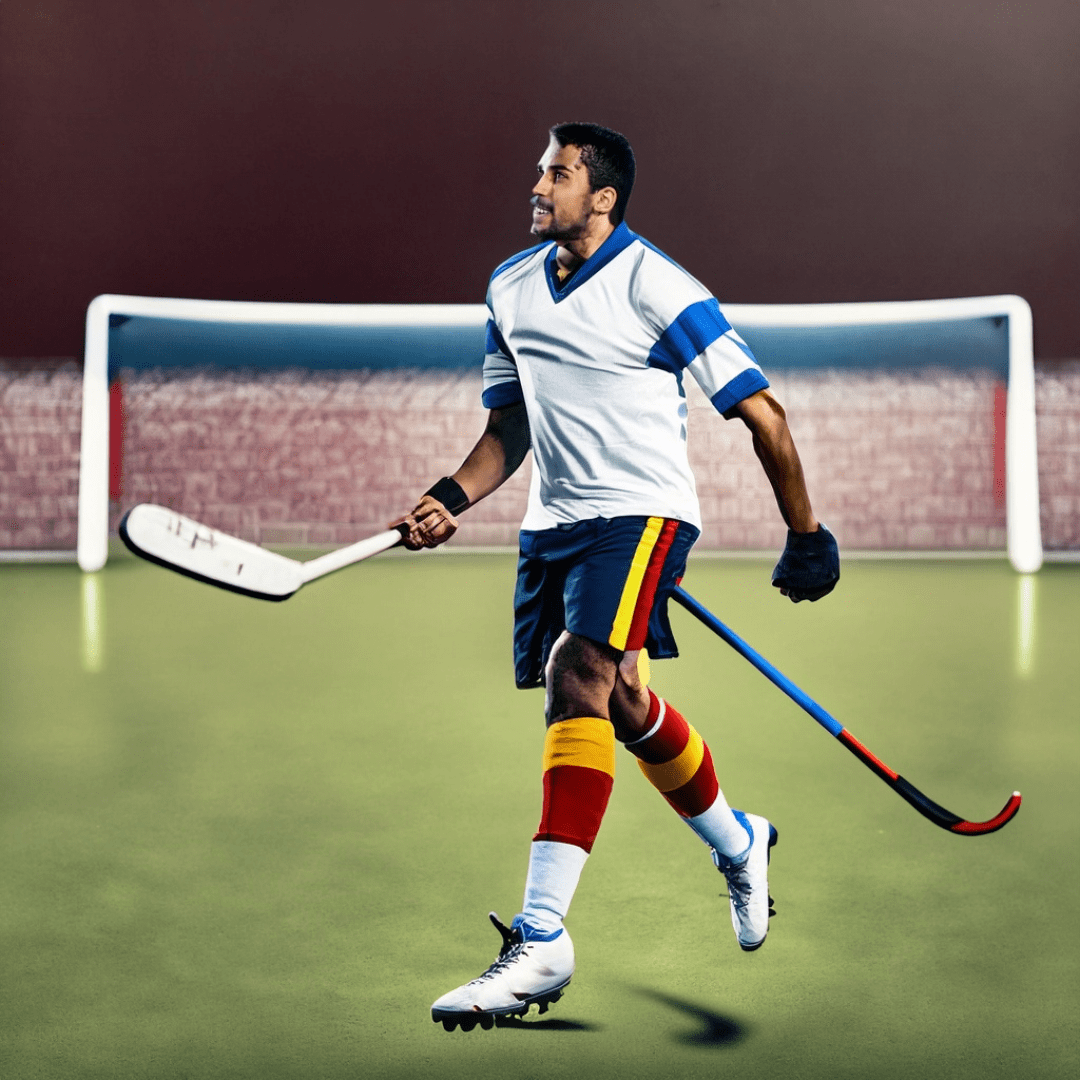10 Field Hockey Coaching Techniques for Modern Players
The game of field hockey is constantly evolving, and coaching techniques need to adapt to keep up with the modern player. This article explores the latest field hockey coaching techniques that cater to the contemporary style of play and the needs of today’s athletes.
1. Emphasis on Speed and Agility
Modern field hockey is faster than ever. Incorporate drills that enhance players’ speed, agility, and quick decision-making. Use agility ladders, short sprints, and quick-footwork exercises.
2. Advanced Stick Handling Skills
Focus on developing advanced stick-handling skills. This includes dribbling under pressure, 3D skills to lift the ball over sticks, and quick receiving and passing under tight spaces.
3. Tactical Awareness Training
Enhance players’ understanding of the game through tactical training. Use video analysis to review games and discuss tactics, positioning, and decision-making.
4. High-Intensity Interval Training (HIIT)
Implement HIIT sessions to improve players’ cardiovascular endurance and recovery time. This mimics the intense bursts of activity during a game.
5. Position-Specific Training
Offer specialized training for different positions. For example, specific drills for attackers, midfielders, defenders, and goalkeepers, focusing on the skills and tactics relevant to each role.
6. Mental Toughness and Psychological Preparation
Include mental training to develop resilience, focus, and a positive mindset. Techniques like visualization, goal setting, and stress management can be effective.
7. Injury Prevention and Recovery
Educate players on injury prevention and incorporate exercises that strengthen muscles commonly used in field hockey. Also, emphasize the importance of proper recovery, including nutrition and rest.
8. Utilizing Technology for Training
Use technology such as GPS trackers and performance analytics software to monitor and analyze player performance. This data can be invaluable for personalizing training programs.
9. Team Building and Communication Exercises
Foster team cohesion and effective communication through team-building activities. Good team chemistry is vital for a successful field hockey team.
10. Keeping Up with the Rules
Stay updated with the latest rules and ensure players understand them. This will help in formulating strategies that align with current gameplay standards.
Conclusion
Modern field hockey coaching requires a blend of physical training, tactical knowledge, mental preparation, and the use of technology. By incorporating these techniques, coaches can develop well-rounded players who are prepared for the demands of contemporary field hockey.

